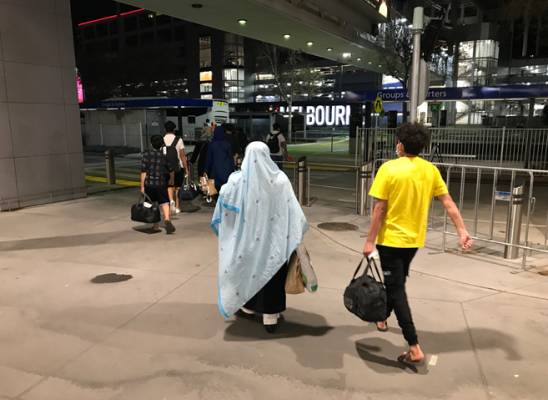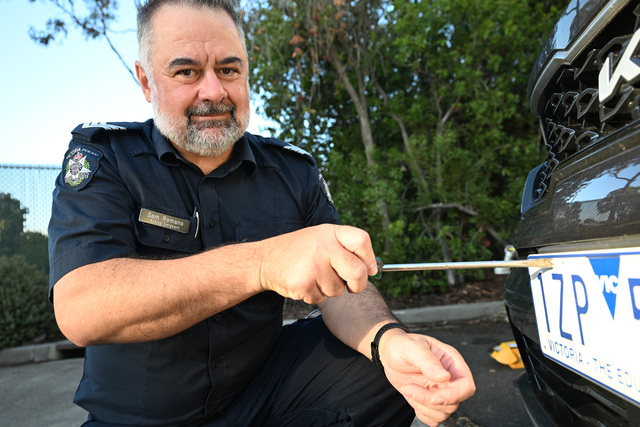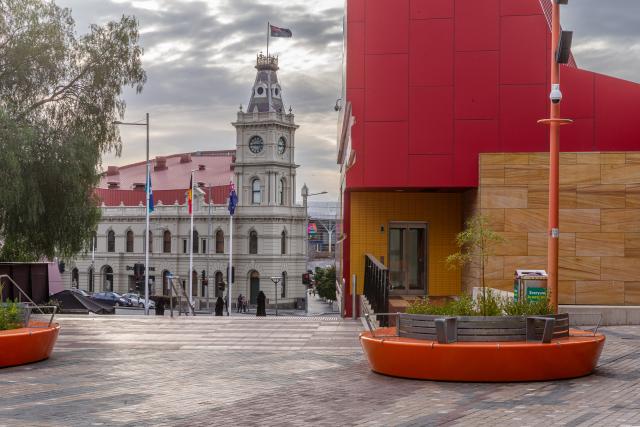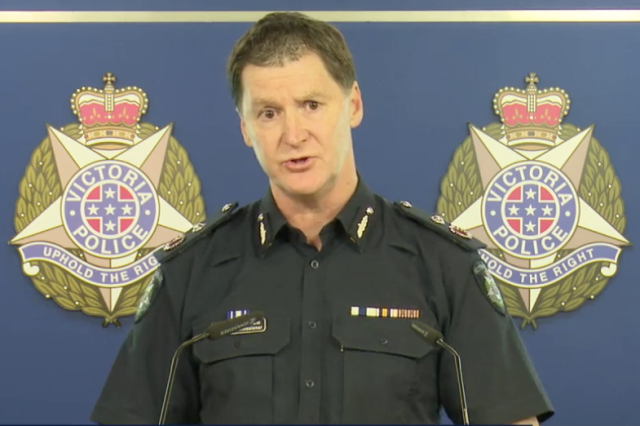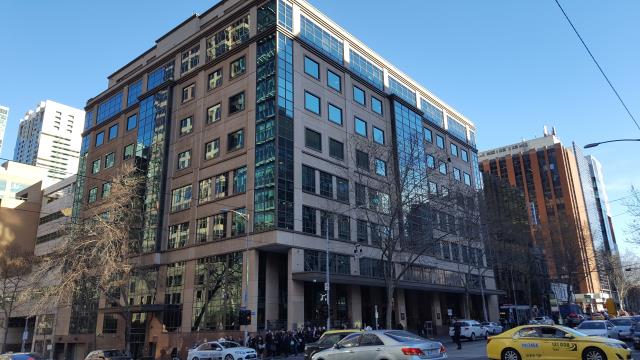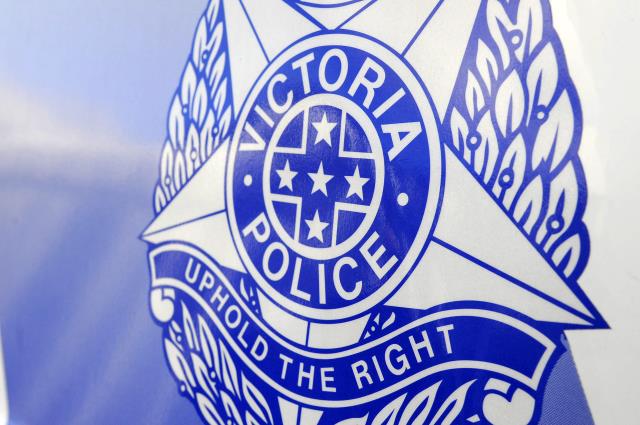In 2020, Star News Group journalist DANIELLE KUTCHEL received funding from the Melbourne Press Club’s Michael Gordon Fellowship to explore mental health in asylum seeker and refugee communities. Below is part three of the story.
To this day, people around the world find it difficult to talk about something as intensely personal as mental health.
Negative stigmas continue to dog discussion of things like depression, anxiety and trauma – and when discussion is suppressed, the feelings can fester.
But there are signs that this is changing, particularly among second generation immigrants: the children of refugees and asylum seekers.
Benazir Rasoli is a youth coordinator at Bakhtar Cultural Association, an Afghan community advocacy and support group that operates in the south east.
She was four years old when her family moved to Australia as refugees from Afghanistan due to the war.
“From the stories my parents tell, it was a horrific experience and there was a lot of trauma,” she said.
She said there is “100 per cent” a stigma around mental health in the Afghan community.
“I think it comes from the fact that there isn’t a lot of education about mental health in Afghanistan.”
She cited a 2005 WHO report that stated that less than one per cent of the training for medical doctors in Afghanistan is devoted to mental health.
“Obviously, with the lack of education and awareness, a lot of people don’t realise when they have mental problems and they don’t speak about it, so no one really knows about it,” she explained.
It’s difficult to know the prevalence of mental health issues in culturally and linguistically diverse (CALD) communities.
Beyond Blue notes that recent research into mental health doesn’t “adequately include” samples from immigrant and refugee communities.
What research there is, suggests that refugee communities are at higher risk of suffering severe mental illness than the wider population.
The organisation cites research into Vietnamese communities that states reported prevalence estimates for depression and anxiety of 40 per cent in refugees.
Benazir said it was difficult for first generation refugees to reach out for help, “because they’ve gone through so much trauma”.
Some may not even realise they need help; the trauma gets bottled up and is accepted as part of their journey.
That’s something that community advocate Amina Ali has witnessed within the Sudanese community.
Amina, who arrived in Australia from Darfur as a child, said many of the older generations within her community simply don’t understand the mental health issues their children bring up – some of which stem from facing bullying at school, or growing up and feeling like you don’t quite fit in, or balancing living in two different cultures.
“They say, ‘we faced a scale of death coming to this country, we witnessed our children dying in front of us, getting stomped on, our mothers getting gunned down. How could you possibly be going through mental health issues, what have you been through?’” she explained.
“A lot of our South Sudanese brothers and sisters have committed suicide over the years. Our parents are still not opening their eyes.”
But Benazir believes younger generations are now “making the move” to open up about mental health within their communities.
“The younger generations are taking that knowledge and passing it on to older generations and saying it’s OK to ask for help.”
That’s part of her role at Bakhtar – creating more awareness.
“The main thing we want to get across is it’s OK to ask for help, it’s OK to reach out, and it’s OK to be unwell. There are avenues you can go down to seek the help you need, to remove the stigma,” she said.
Asked how you challenge such a prevalent stigma, she said it’s as simple as just speaking.
“A lot of people keep it to themselves, and it is a very personal experience, so a lot of people don’t want to share it. But when you share those experiences, a lot of people realise it’s not just them struggling.”
Likewise, Amina said younger Sudanese people are sharing their thoughts about mental health in a bid to get the community to open up.
“We have a few [health] graduates within our community who are raising awareness. They create YouTube channels, Instagrams … start their own radio platforms.”
It’s something Amina wants to do too, having graduated with qualifications in criminology.
And it’s something that Dr Judy Tang, a neuropsychologist and commissioner at the Victorian Multicultural Commission (VMC), fully supports.
One of the most important things, she said, is to increase the capacity of individuals within each newly settled community to become mental health professionals.
This allows them to provide culturally appropriate and sensitive support, from someone who has similar or shared experiences.
VMC commissioner and chairperson Viv Nguyen, who proudly identifies as one of the “boat people” from Vietnam, said addressing stigma within communities would take “a lot of conversations” and “bravery from people who are taking that public leadership role”.
She also supports the development of mental health professionals who “speak my language, look like me, can understand where I came from and not pass judgement”.
She said stigmas around mental health are still “huge” in the Vietnamese community, despite the passage of time.
“The first generation totally deny mental health,” she said.
But Victoria’s Royal Commission into mental health offers hope, she added, with renewed focus on how to address the issue in all communities.
Community forums, where people can share their thoughts and opinions with those with similar lived experiences, also offer a non-judgemental means of supporting new communities with their mental health, she said.
Part four of this story will look at other ways that organisations are supporting the mental health of refugee and asylum seeker communities.
If you need to speak with someone, please contact:
– Victorian Foundation for Survivors of Torture (Foundation House) on 9389 8900 or foundationhouse.org.au
– Lifeline on 13 11 14 or lifeline.org.au

